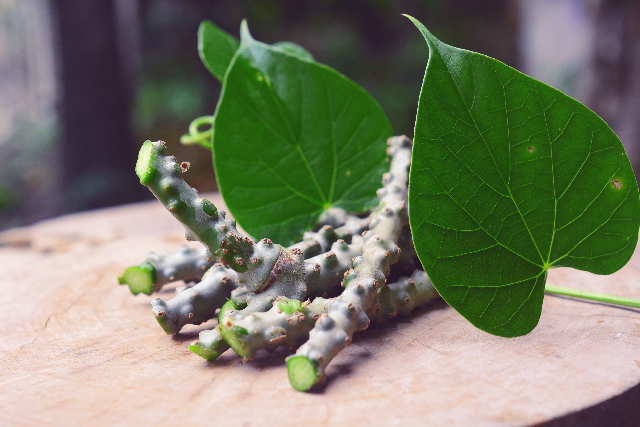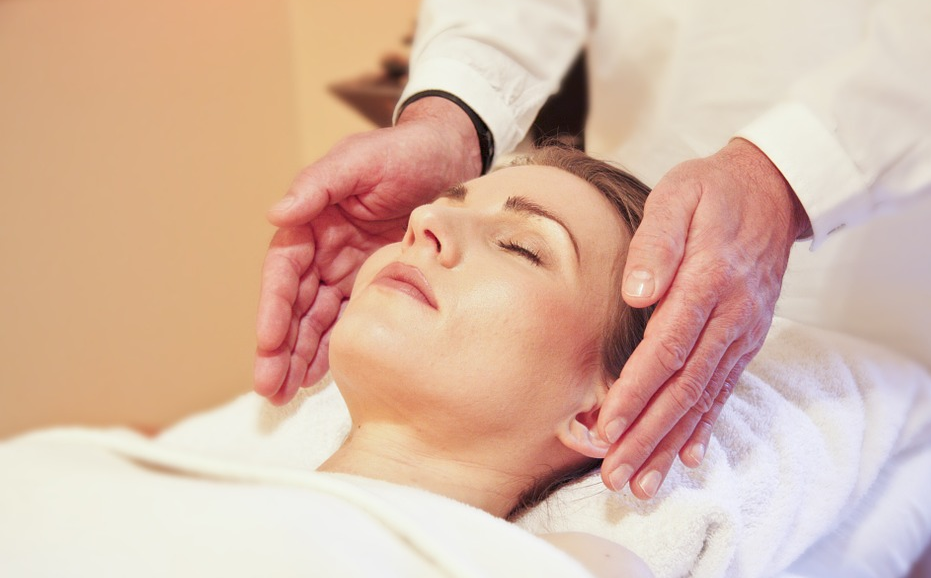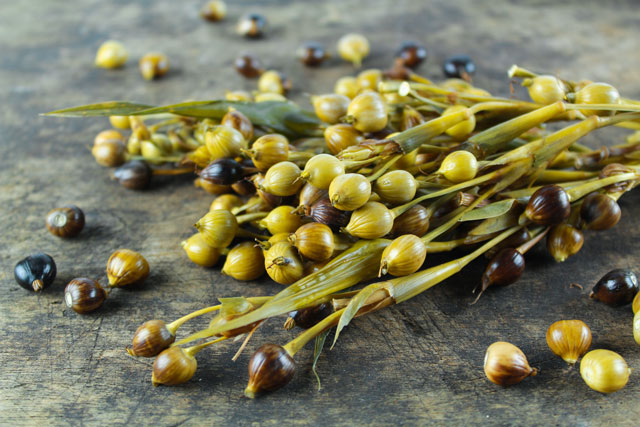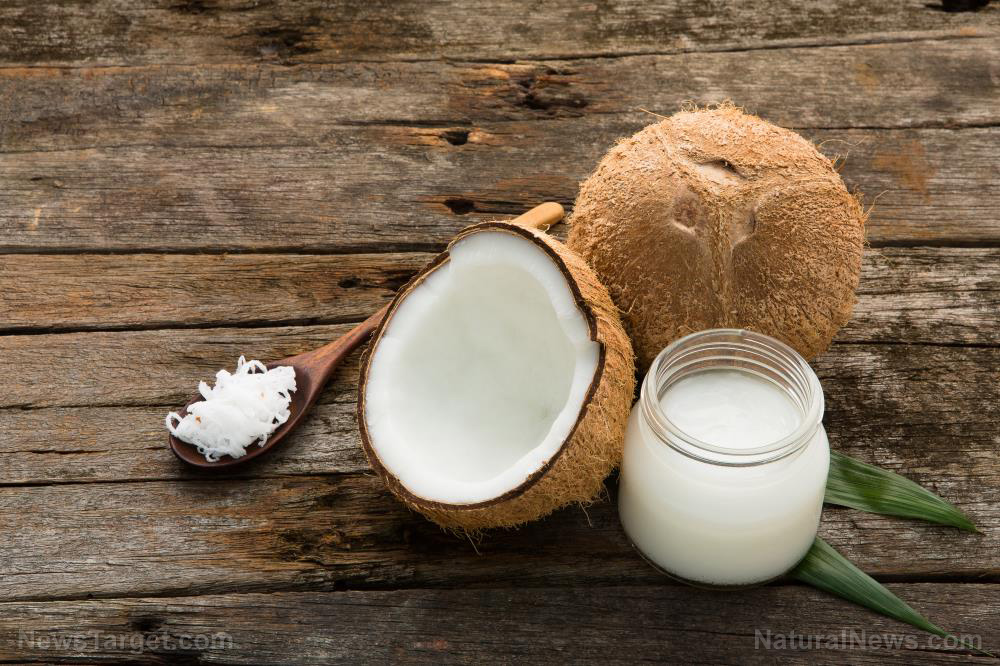Black seed honey comparable to manuka in treating wound infections caused by MRSA
11/02/2018 / By Ralph Flores
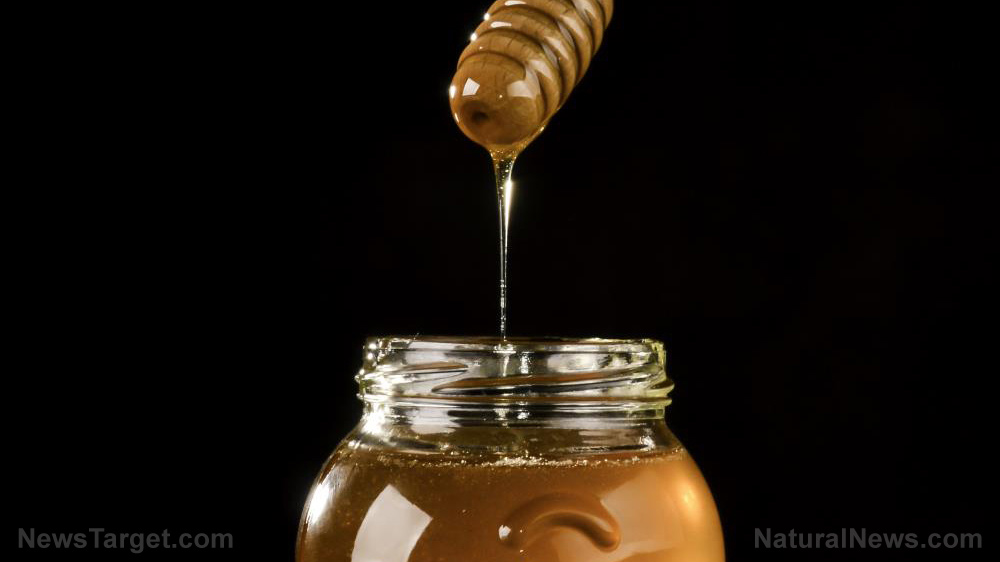
It’s time to look at the writings on the wall: The global problem with antibiotic resistance isn’t going away anytime soon, and should nothing be done about it, it will result in more than 10 million deaths each year by 2050, according to the World Health Organization. A study led by researchers from Saudi Arabia and Pakistan offer a potential solution to this looming threat — with honey. In their study, released in the journal Complementary Therapies in Clinical Practice, the team suggested at looking at locally produced varieties of honey — in particular, black seed honey — as these have shown remarkable antimicrobial properties against MRSA, a staph infection known to be resistant to many types of antibiotics.
Most cases of infections caused by MRSA — which stands for methicillin-resistant Staphylococcus aureus — happen in hospitals or healthcare settings like nursing homes or dialysis centers. The condition, which is called healthcare-associated MRSA or HA-MRSA, usually affects people who have undergone invasive procedures or devices including surgeries, intravenous tubing, and artificial joints. This doesn’t mean, however, that relatively healthy people aren’t prone to the effects of MRSA. Another form of the bacterial infection, called community-associated MRSA or CA-MRSA, can spread by skin-to-skin contact. The condition usually affects those in contact sports such as wrestling, child care workers, and people living in densely populated areas.
Scientists have since looked into the natural antibacterial properties of honey to treat antibiotic-resistant bacteria. In a study published in PLOS ONE, researchers from the University of Sydney have determined that manuka honey can weaken MRSA, making it susceptible to the effects of the antibiotic rifampicin. This development opens up the possibility of using manuka honey as a potential agent in the fight against MRSA.
Of course, these benefits don’t come cheap. In New Zealand, where manuka honey is mainly produced, a kilogram can set you back by as much as $1,000 — making it the country’s most expensive export.
In this study, the team looked at the types of honey native to their regions which can provide similar antimicrobial properties with that of manuka honey — especially for wound infections caused by MRSA. According to the team, treating these wounds are becoming costlier and more complicated by the day, given its growing resistance to a number of antimicrobial drugs. Three types of honey were used for the study, black seed honey, jujube honey, and Shain honey (derived from the eponymous bush) and their antibacterial properties were compared with that of medical-grade manuka honey. The team found that compared to manuka honey — which prevented bacterial growth at 4.4 percent concentration, black seed honey was the closest as it prevented bacterial growth at 5.5 percent concentration. Both jujube honey and Shain honey were able to prevent bacterial growth using a 6.4 and 10.4 percent concentrate, respectively.
From the findings, the researchers concluded that locally grown black seed honey can stand its ground against manuka honey. (Related: Science again confirms the efficacy of ancient medicine: The antibacterial properties of honey found to be effective against resistant MRSA.)
The other benefits of black seed honey
Nothing can be more natural and more potent than black seed honey. This type of honey is made from bees feeding on the nectar of the Nigella sativa, where black seeds come from, and offers many health benefits, including additional stamina, improved body balance, and an active heart. It’s also great for detoxifying the body. For starters, at least 1–2 tablespoons each day is a great way to get your daily honey fix.
Learn more sweet facts about honey at Food.news.
Sources include:
Tagged Under: antibiotic resistance, black seed, black seed honey, honey, jujube, mrsa, natural cures, natural health, natural medicine, natural remedies, superbug




